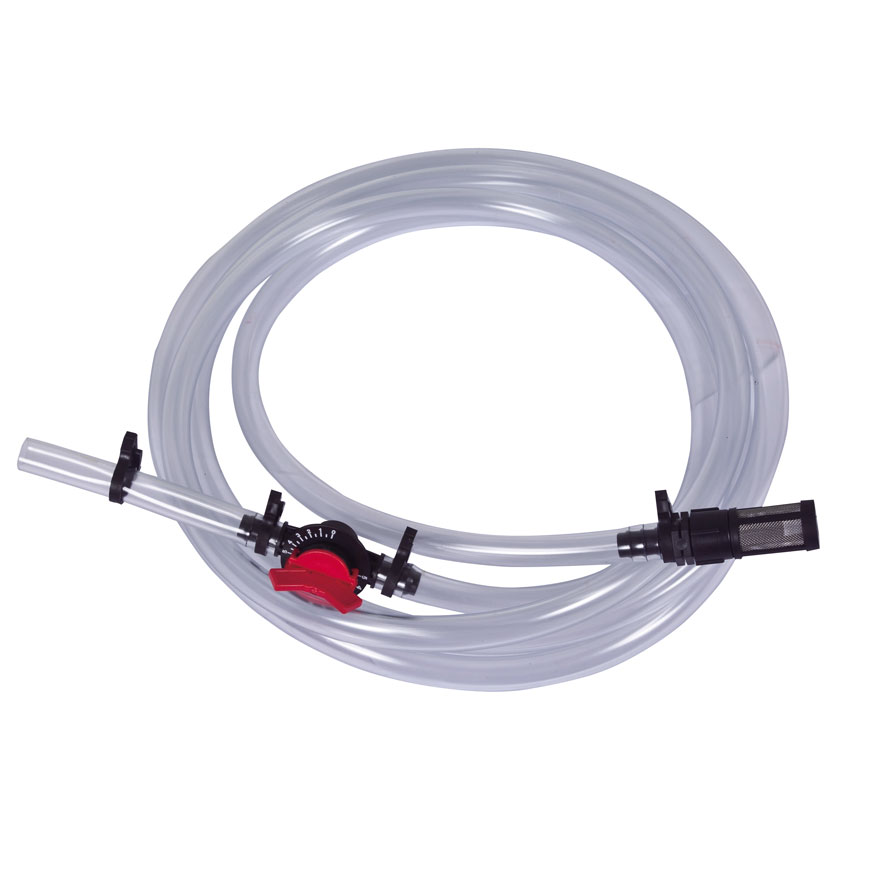In the face of climate change, rising input costs, and growing global food demand, modern agriculture must adopt efficient and sustainable technologies. One of the most impactful innovations in this field is drip irrigation fertilizer—a technique that integrates irrigation with fertilization to deliver nutrients directly to plant roots. This method not only enhances crop productivity but also conserves resources and protects the environment.

A major advantage of drip irrigation fertilizer is its ability to deliver nutrients precisely to the plant's root zone. Unlike traditional fertilization methods that often result in uneven distribution, runoff, or nutrient loss, this system ensures that water-soluble fertilizers reach the roots in the right amounts at the right time. This targeted approach significantly reduces fertilizer waste and improves nutrient uptake, leading to healthier plant growth and higher crop yields.
By minimizing exposure to external conditions like wind and sunlight, drip irrigation fertilizer also reduces volatilization and leaching, which are common in broadcast or surface irrigation systems. As a result, farmers can use less fertilizer while achieving better results, which translates into higher cost-efficiency and environmental benefits.
Water conservation is a critical concern in agriculture, especially in arid and semi-arid regions. Drip irrigation fertilizer systems are designed to optimize the use of both water and nutrients. By delivering water slowly and directly at the base of each plant, evaporation and surface runoff are minimized. When fertilizers are applied through the same system, their efficiency increases substantially.
This dual benefit is particularly useful in regions facing water scarcity. Studies show that drip irrigation fertilizer can reduce water use by up to 50% compared to conventional irrigation while enhancing fertilizer use efficiency by more than 30%. It also allows for small, frequent nutrient doses, which supports continuous plant development and reduces nutrient leaching into groundwater.
Drip irrigation fertilizer contributes to more uniform crop growth, improved fruit size, better taste, and longer shelf life. Consistent access to water and nutrients throughout the growing cycle creates ideal growing conditions and reduces plant stress.
This is especially important for high-value crops like grapes, strawberries, peppers, and tomatoes, where quality directly influences market price. Farmers using drip irrigation fertilizer often report improved visual appeal and nutritional content in their produce, giving them a competitive edge in both domestic and international markets.

While the initial setup of a drip irrigation fertilizer system may require investment, it brings substantial long-term savings. Once installed, these systems can be automated to control both irrigation and fertilizer application. With modern fertigation controllers, farmers can monitor and manage nutrient delivery remotely and with minimal effort.
This automation reduces the need for labor-intensive manual fertilization and irrigation, saving time and operational costs. Additionally, fewer passes over the field mean less fuel use and reduced machinery wear and tear. For medium- and large-scale farms, the return on investment can be realized within a few growing seasons.
As sustainability becomes a global agricultural priority, drip irrigation fertilizer offers significant environmental advantages. By delivering precise amounts of fertilizer and water, it minimizes runoff that could contaminate nearby water bodies. It also reduces the carbon footprint by limiting overuse of fertilizers and avoiding energy-intensive application methods.
Moreover, better fertilizer efficiency means fewer emissions of nitrous oxide, a potent greenhouse gas associated with excessive nitrogen use. Drip irrigation fertilizer aligns well with environmental regulations and can support farms seeking sustainability certifications or incentives tied to resource conservation.
As global agriculture moves toward smarter, more sustainable practices, drip irrigation fertilizer stands out as a proven, scalable, and eco-friendly option. Investing in this system not only improves farm profitability but also contributes to a more resilient and sustainable food future.